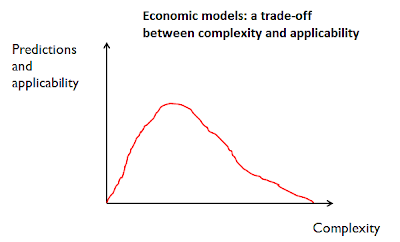Prognosis: Negative - or How close were my predictions for 2013?

Last year, a few days before the year ended I embarked in a bold quest of making predictions on economic and political outcomes in the year to come, facing the risk of making a fool of myself by completely misfiring. Luckily, I was actually rather close in most of the predictions made. Before I start evaluating my performance, I would just like to make a quick digression on the precision of forecasting. Why do we make predictions? Because we're facing an uncertain future. Our decisions today depend on the expectations of what the future will bring and how our decisions will be affected by it. So how can we be sure that a forecast will actually turn out to be correct? We cannot. We can evaluate someone's past performance in predicting things like real economic variables or political outcomes and based on this alone determine how good he or she is in making a correct prediction. But in general we can never be certain. I read somewhere of an experiment done back in the 8...









